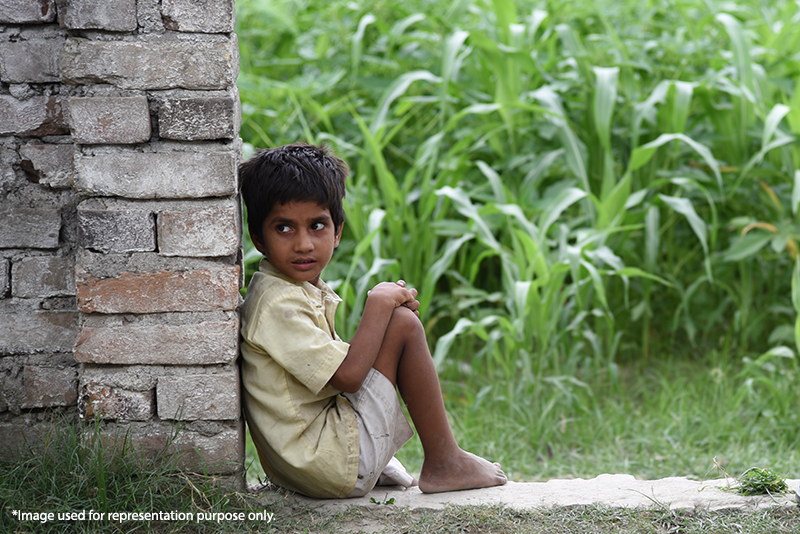
Breaking the Stigma: Discussing Mental Health Openly with Children and Adolescents
In a world where mental health stigma persists, open and honest discussions about mental well-being are essential, especially when it comes to ch....
Read More
When it comes to children's mental health, early intervention is key, offering the possibility of timely support and improved outcomes. Mental health challenges in childhood, if left unrecognized and untreated, can significantly impact a child's well-being and development into adulthood. Therefore, the ability to identify early signs and symptoms plays an important role in ensuring that children receive the necessary support and intervention they need.
Childhood is a critical period of growth and formation, wherein experiences and interactions shape neurological pathways and emotional regulation skills. Mental health challenges, if unaddressed, can disrupt this developmental trajectory, leading to long-term consequences such as academic difficulties, social isolation, and even substance abuse.
Recognizing the signs of mental health challenges in children requires vigilance and sensitivity from parents, caregivers, educators, and healthcare professionals alike. While the manifestations of these challenges can vary widely depending on the individual and their age, there are common indicators to be mindful of. These may include:
Moreover, it's essential to understand that children may not always have the language to articulate their feelings or experiences accurately. Hence, they may express distress through behaviors or somatic complaints. Therefore, caregivers should adopt a holistic approach, considering both verbal and nonverbal cues when assessing a child's mental health.
Early intervention not only addresses the immediate concerns but also serves as a preventive measure against further deterioration of mental health. By identifying and addressing challenges early on, interventions can be tailored to meet the unique needs of the child and their family. These may involve:
The importance of early intervention in identifying signs of mental health challenges in children cannot be overstated. It is a proactive approach that acknowledges the vulnerability of childhood and seeks to provide timely support and resources to promote optimal development and well-being.
By supporting CRY UK projects, you can foster a culture of awareness and collaboration. Together, we can ensure that every child receives the support they need to thrive mentally, emotionally, and socially.